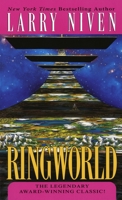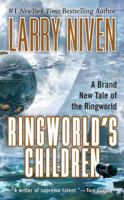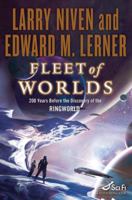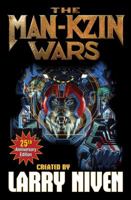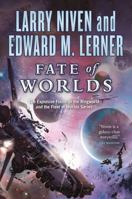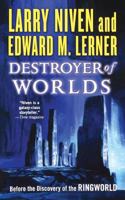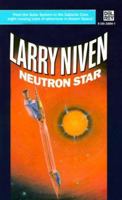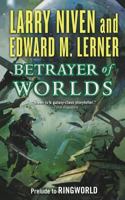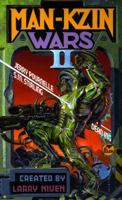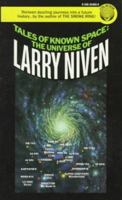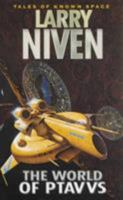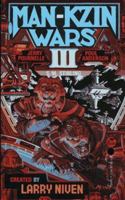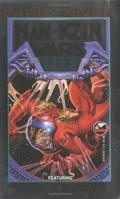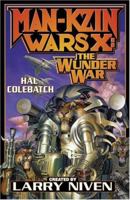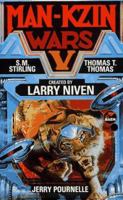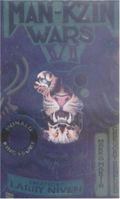Juggler of Worlds
(Part of the Known Space Series, Fleet of Worlds (#2) Series, and Known Space (Publication Order) Series)
Select Format
Select Condition 
Based on Your Recent Browsing
Book Overview
Customer Reviews
Rated 5 starsEven Better Together
This sequel to "Fleet of Worlds" expands the history of Niven's Known Space, focusing on the Puppeteers' flight from the exploding galactic core. Although much time is spent recapping events on Earth that were occurring during the events that take place in "Fleet of Worlds" (including some clever references to previous Niven stories involving Beowulf Shaeffer and others), the two threads are eventually brought together through...
0Report
Rated 5 starsYes it revisits old stories, but...
...it is from a new perspective -ARM Agent Sigmund Ausfaller's viewpoint. And there is more new than old, despite what the negative reviewers say To me, this is back to classic Niven as it explores the effects of technology on society, the ethics of alien cultures, and the age old question: Can one be paranoid *enough*? Much better Known Space than the recent Ringworld or Man-Kzin War stories (done to *death* IMO). Very...
0Report
Rated 5 starsEnd the hate!
After reading this book, I have a hard time seeing where all the hate has come from. This is a fine Niven book, and an excellent prequel to Ringworld in many aspects. It's not perfect, but then again Niven's writing has never been perfect, and I'll go into that later. The book does feature quite a bit of "retreading" events discussed in "Fleet of Worlds" and elsewhere. Only instead of being a flat retread, you get to see...
0Report
Rated 5 starsStandard Larry Niven.
Pretty much like every other Niven book- Brilliant. Most authors have a central theme, a grand idea which their book is written around. Niven crams multiple themes and endless ideas into every book he writes, with nearly every idea being worthy of a book itself. If you have read the Known Space series, this book is a truly epic addition. Even as a stand alone, I would recommend this book. This book takes us deep into the...
0Report
Rated 4 starsDifferent perspective on existing stories
This is a revisiting of a number of the "Known Space" stories, from the perspective of a professional paranoid. Sigmund Ausfaller is a UN law officer, and professional paranoid, albeit a natural paranoid rather than a chemically induced one, like some of his peers. Sigmund gets a human face, as his sordid past is revealed, his romantic life is considered, and his fears for the human race are discussed. And the key question;...
0Report





















